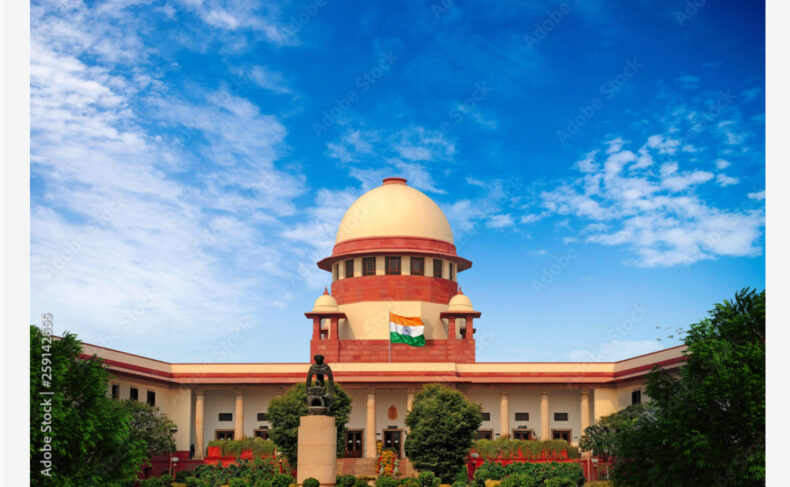In a significant legal development that has roused both curiosity and debate, Justice Anand Venkatesh of the esteemed Madras High Court has stirred the hornet’s nest by critically addressing the perceived role of special courts within Tamil Nadu’s judicial framework.
Reassessing the Role of Special Courts: A Struggle for Impartiality?
In the Words of the Judiciary
– “A court is not for the rich and the affluent; it is for everyone, irrespective of their social status or economic condition.” – Justice Anand Venkatesh
These comments come in the wake of the recent controversies surrounding two influential ministers, Thangam Thennarasu and KKSSR Ramachandran, who were acquitted of charges related to land grabbing, raising questions about the impartiality and accountability of the special court system.
A System Under Scrutiny
Justice Venkatesh’s scrutiny is aimed at the specialized courts that have been established to expedite certain legal processes. These courts, while designed to streamline proceedings, have encountered criticism for allegedly favoring the well-heeled and politically well-connected. The judge’s vocal critique is directed at preventing the system from becoming a realm of privilege, rather than a bastion of impartial justice that serves every stratum of society equally.
The two ministers’ cases, in which they walked free from accusations of land grabbing, have led to broader discussions about the role of power and influence in the judicial process. Justice Venkatesh’s bold remarks emphasize that the essence of justice should be preserved, irrespective of an individual’s stature or wealth.
Guardians of Equality
Justice Venkatesh’s statements resound with the enduring principle that justice is the cornerstone of a democratic society and must not be compromised due to wealth or connections. In his words, “A court is not for the rich and the affluent; it is for everyone, irrespective of their social status or economic condition.” This assertion is a timely reminder of the judiciary’s duty to uphold the integrity of the legal process.
Legal experts and scholars have lauded Justice Venkatesh’s stance for spotlighting a vital concern. He invokes the ideals of equality enshrined in the Indian Constitution, stressing that justice must not only be done but also be seen to be done. This brings to the fore the need for the judiciary to maintain its autonomy and impartiality, as it navigates through complex legal scenarios.
Historical Precedents and Judicial Wisdom
The Madras High Court’s critique of special courts and their potential to breed favoritism is not without historical context. In 2015, the court declared unconstitutional a law that established special courts for addressing land grabbing cases. The rationale behind this ruling was that creating a separate legal framework for certain individuals undermines the fundamental concept of equality in justice. This verdict was subsequently upheld by the Supreme Court in 2018.
The apex court’s endorsement underscored the limited circumstances under which special courts should operate. Such instances should arise only when there is a compelling need to manage a substantial caseload or when apprehensions arise about the fairness of regular court proceedings. This stringent approach underscores the significance of preserving the sanctity of the judicial process and ensuring that no individual is above the law.
Championing Equality Before the Law
Justice Venkatesh’s critique serves as a clarion call to reform special courts and reaffirm their commitment to equal justice. His comments underline the importance of maintaining a level playing field and eschewing the perception of a judicial hierarchy based on privilege. This resonates not only with the legal fraternity but also with the general public, highlighting the importance of justice in a democratic society.
As legal experts and commentators weigh in, the conversation is veering towards institutional reforms that can enhance transparency, diminish the influence of power, and reinforce public trust in the judicial system. Justice Venkatesh’s vocal challenge has ignited a broader movement to restore faith in the principles of equity, impartiality, and justice.












